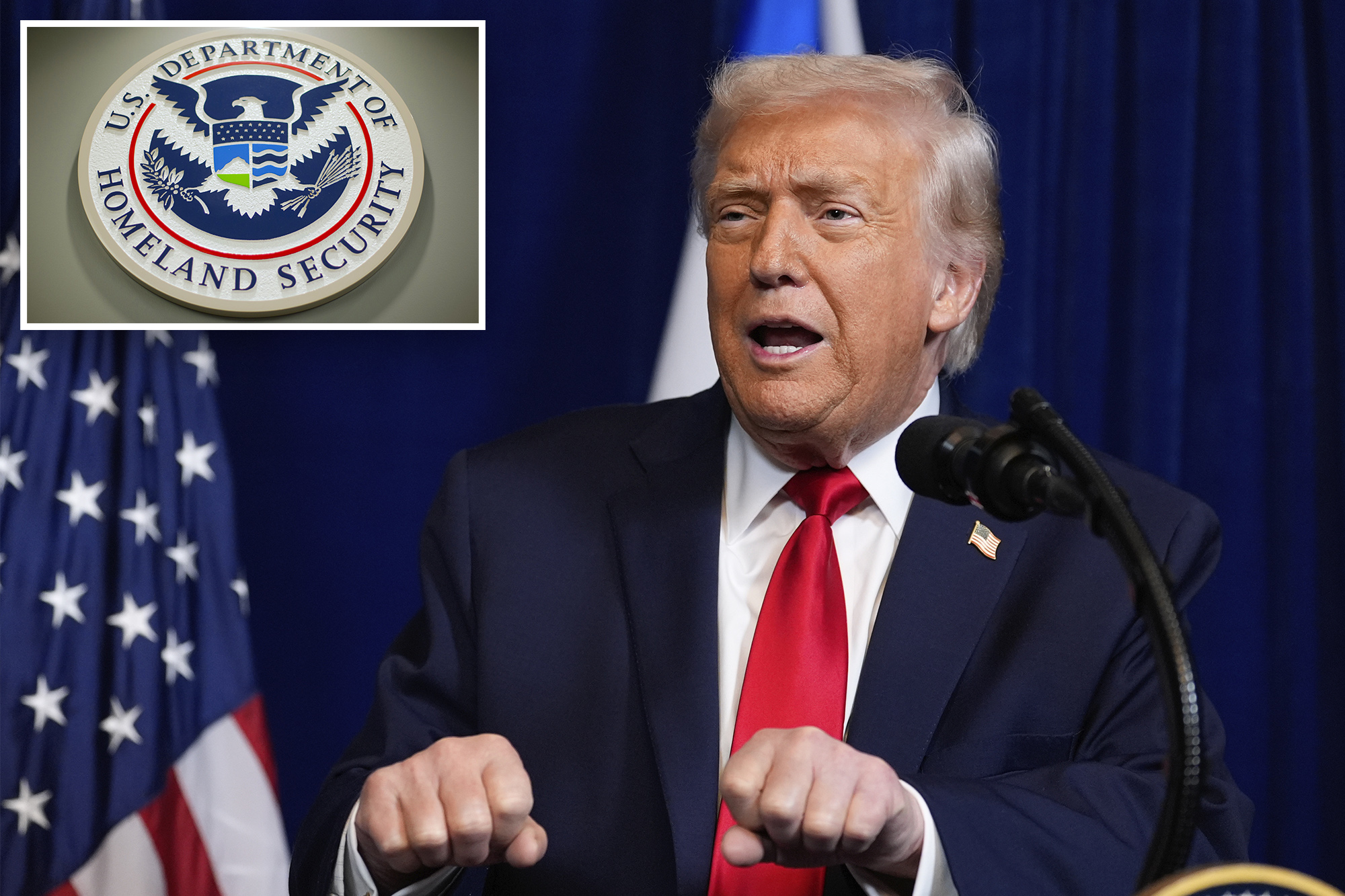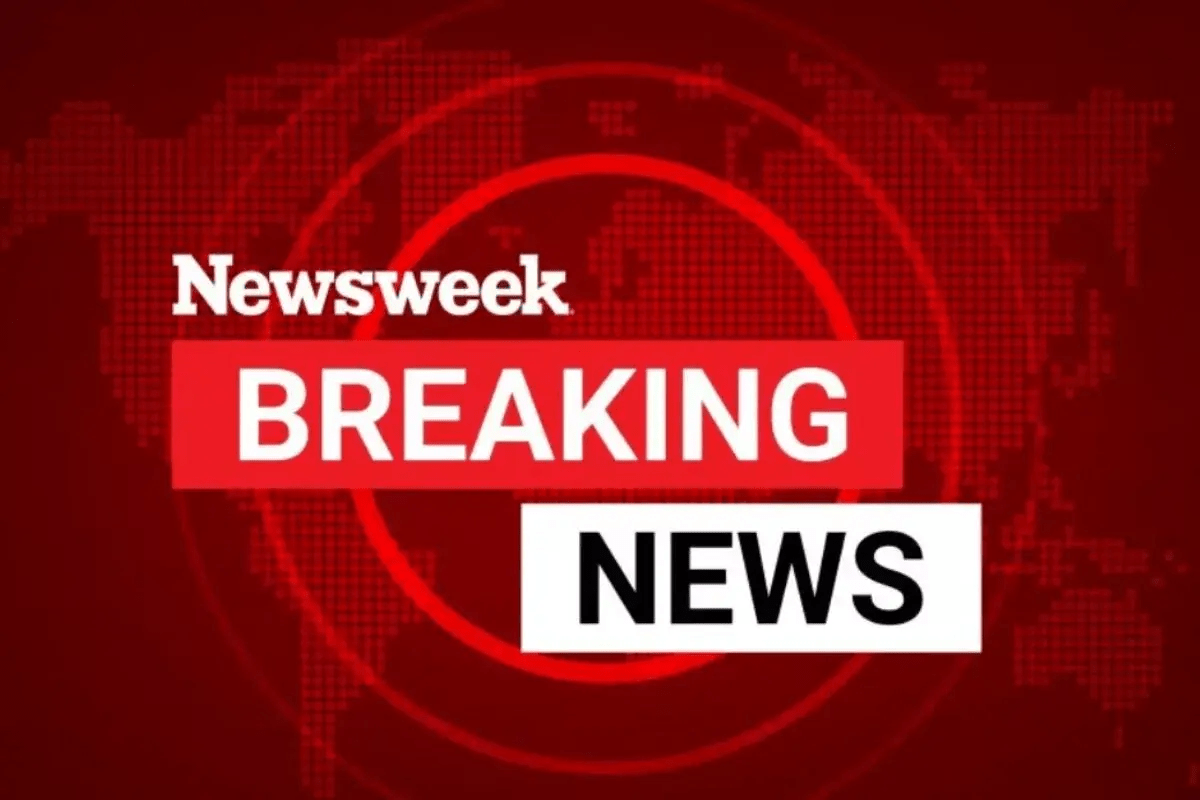Luxembourg Considers Urgent Shift to State-Controlled Online Gambling

UPDATE: Luxembourg’s Justice Minister Elisabeth Margue has just confirmed that the country is actively considering establishing a state-controlled monopoly on online gambling and sports betting. This urgent move follows growing concerns over player protection and the rising presence of gaming machines in local cafes.
In a recent session with the Luxembourg Socialist Workers’ Party (LSAP), MP Dan Biancalana raised critical questions about gambling regulations in the country. Margue stated that the government is examining the possibility of a monopoly, which could reshape Luxembourg’s gambling landscape. “Authorities are reviewing these matters internally with all relevant parties to determine necessary actions,” she explained.
This initiative is significant as it could mark a departure from the trend seen across Europe, where many nations have shifted toward open licensing systems. Margue emphasized that if Luxembourg moves forward with the monopoly, it must ensure robust protections for its citizens.
In tandem with this potential monopoly, ongoing reforms aim to permit National Lottery gaming terminals in cafes while banning other similar devices. This step is viewed as a proactive measure to regulate gambling more effectively amidst rising addiction concerns.
Meanwhile, Health Minister Martine Deprez highlighted the alarming increase in problem gambling cases, with the number of individuals seeking help nearly tripling from 2020 to 2024. The Center for Excessive Behavior and Behavioral Addictions (ZEV) has reported that its budget has surged from EUR 220,000 (approximately $254,000) in 2020 to EUR 560,000 (around $646,000) this year. This funding is crucial as the number of those seeking assistance for gambling-related issues has skyrocketed to 100.
Luxembourg’s gambling market remains robust, reportedly projected to generate around $447.8 million in revenue by 2025. Casinos and casino games are expected to dominate this market, accounting for an estimated $270 million in revenue. Experts predict that the average revenue per user (ARPU) will reach approximately $478 next year, with user numbers in the gambling sector expected to climb to around one million by 2030.
As discussions progress, all eyes will be on Luxembourg to see how this potential monopoly unfolds. Will the government prioritize citizen safety over market freedom? This developing situation is set to have profound implications for both gambling regulations and public health in the nation.
Stay tuned for further updates as Luxembourg navigates these critical decisions that could reshape its gambling industry.






